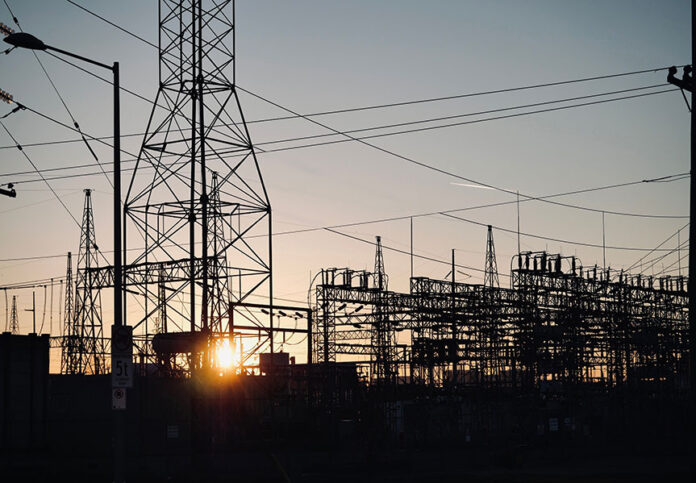Pakistan’s power sector has become an increasingly complex puzzle, with critical reform initiatives still far from completion. The privatization of distribution companies (DISCOs), which was central to the sector’s transformation, remains only partially implemented. Similarly, efforts to privatize generation companies (GENCOs) have stalled, leaving the energy landscape fragmented and underperforming.
However, recent developments offered a glimmer of optimism. The government’s circular debt resolution master plan appeared ready for deployment, backed by strong political commitment. During a recent Cabinet Committee on Energy meeting, the Power Division presented encouraging news to Prime Minister Shehbaz Sharif, reporting that circular debt had fallen to Rs780 billion from a staggering Rs2.4 trillion. This dramatic reduction seemed to signal progress in tackling one of the sector’s most persistent challenges.
Yet this optimistic narrative quickly encountered reality. Officials from the National Electric Power Regulatory Authority clarified that Pakistan’s power sector continues to grapple with a massive Rs1,614 billion circular debt burden, with the Rs780 billion figure representing only the reduction in debt stock rather than the total outstanding amount. Despite improvements from the Rs2,393 billion recorded in fiscal year 2024, the sector remains fundamentally compromised by chronic payment failures and deep structural weaknesses.
The government’s own commitments to the International Monetary Fund reveal the true scale of the challenge. Under the latest IMF review, Pakistan has outlined an ambitious debt clearance strategy for its existing Rs2.4 trillion circular debt stock. The plan involves clearing Rs348 billion through renegotiated arrangements with independent power producers, Rs387 billion through waived interest fees, and Rs254 billion via additional budgeted subsidies. The remaining Rs1,252 billion will require bank borrowing to repay outstanding loans and clear interest-bearing arrears to power producers. The content in this publication is expensive to produce. But unlike other journalistic outfits, business publications have to cover the very organizations that directly give them advertisements. Hence, this large source of revenue, which is the lifeblood of other media houses, is severely compromised on account of Profit’s no-compromise policy when it comes to our reporting. No wonder, Profit has lost multiple ad deals, worth tens of millions of rupees, due to stories that held big businesses to account. Hence, for our work to continue unfettered, it must be supported by discerning readers who know the value of quality business journalism, not just for the economy but for the society as a whole.To read the full article, subscribe and support independent business journalism in Pakistan









